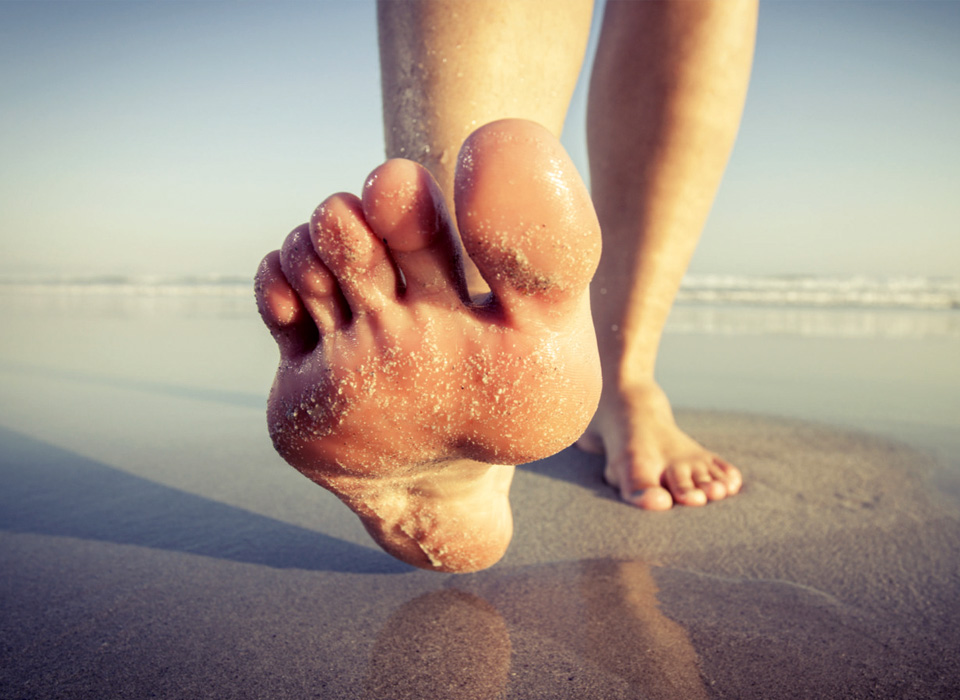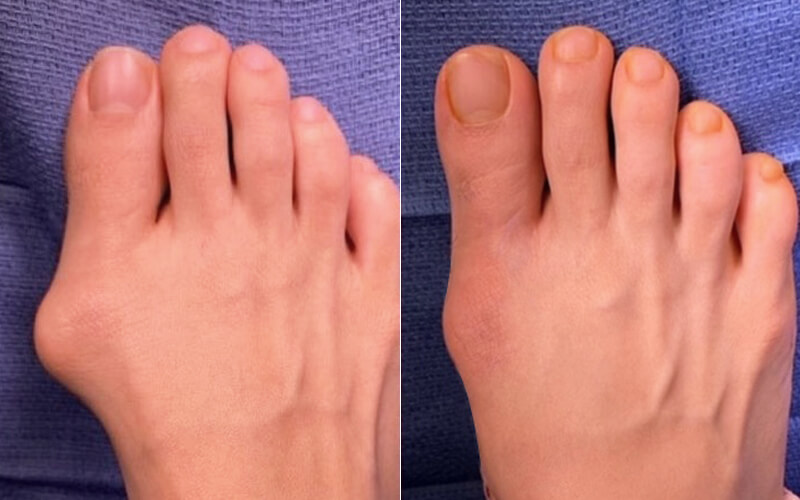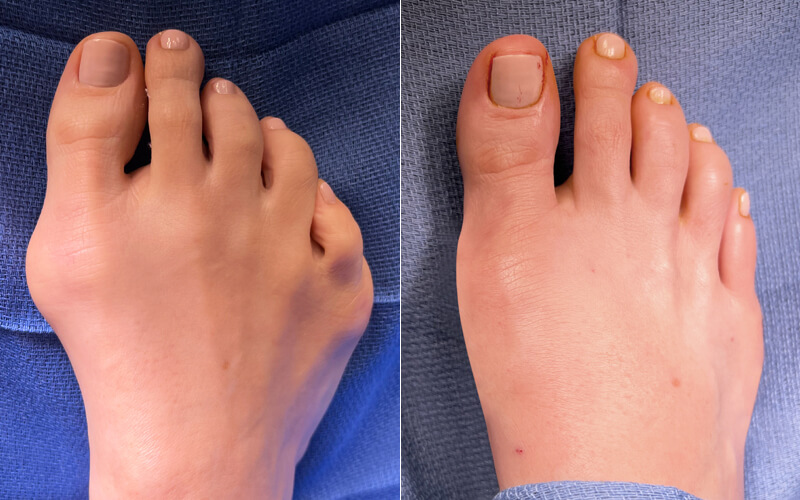
Causes of Flatfoot
Foot and ankle fractures commonly affect athletes in a variety of sports. Because of the nature of their movements and the amount of impact involved, athletes in the following sports are especially susceptible to these types of injuries:
Under development in Childhood
Although most infants and toddlers have flat feet, often times the posterior tibial tendon fails to develop properly as they mature, leading to flatfeet in adolescence and adulthood.
Age
Rheumatoid Arthritis
Diabetes
Diabetes can lead to poor circulation in the feet and nerve damage. If a tendon injury occurs in a patient suffering from these conditions, the results can be more severe as the patient may not even feel the injury occur.
Other risk factors for developing flatfoot include obesity, sex, age, and level of activity. Women, people over 40, and athletes can be especially susceptible to developing this condition.
When to See a Doctor about Flatfoot
Flatfoot can be a relatively harmless condition, with some studies showing no increased risk for foot injury in people with this condition, including this Oxford Journal study. However, there are a number of symptoms that can develop as the result of flat feet and should prompt you to visit a doctor. These include:
- Pain in the foot, ankle, leg, knee, or lower back
- Pain that increases with activity, such as running
- Difficulty walking or standing for prolonged periods of time
In addition, patients suffering from other conditions – such as diabetes or rheumatoid arthritis – should see a doctor to avoid possible complications with their conditions. Of course, even otherwise-healthy people can suffer pain as a result of flat feet. Fortunately, there are a number of treatment options available to help correct and alleviate the effects of flatfoot.
We Made Them All Happy
Kimberly D. / Los Angeles, CA
Treating Flatfoot
If caught during childhood, flatfoot can be corrected by addressing the underlying causes before the bones fully develop. This can include separating a tarsal coalition (the fusing of two normally separated bones) and removal of an accessory navicular bone (an “extra” bone in the foot that most other people don’t have). The latter surgery can usually be performed at any age, since there is typically no change to the remaining bone structure. A shortened Achilles tendon can contribute to flatfoot. Many people, including children, can benefit from special stretching exercises that help elongate the Achilles tendon.
Shoe inserts, especially custom orthotics , can be used to alleviate the symptoms of flat feet. Proper footwear, such as shoes with good arch support, can also go a long way in reducing pain from flat feet. Over-the-counter pain medicines can also be helpful for alleviating pain. If you are obese, losing weight can also be very helpful for relieving the stress on your feet.
If rheumatoid arthritis has caused the foot joints to become deformed, ankle fusion surgery may be recommended. Tendon rupture can also be repaired surgically by grafting a healthy section of tendon onto the separated area. Surgery is generally reserved for more severe conditions associated with flatfoot. Dr. Jamshidinia can help recommend the best course of action to treat your flat feet during an examination at his Los Angeles office.
Frequently Asked Questions
Determining whether or not you have flat feet is difficult to do on your own. Only a foot doctor can properly diagnose you with flatfoot. One common test that can indicate the presence of flat feet is the water test. After soaking your feet in water, stand on a flat surface. The more of the sole of your foot that leaves a footprint, the higher the likelihood is that you have flat feet. Dr. Jamshidinia can perform a number of professional tests to diagnose you, including X-ray, CT scan, MRI, and ultrasound. He may also want to examine the mechanics of your feet and the wear patterns on the soles of your shoes.
Maintaining a healthy weight and not overexerting your feet can help reduce the risk of developing flatfoot. Wearing comfortable shoes with good support can also be helpful. However, many factors – including rheumatoid arthritis and congenital conditions – are usually out of the patient’s hands.
In cases where your flat feet are only causing mild discomfort, rest, over-the-counter pain medicine, orthotics, and weight loss can help alleviate symptoms. A consultation with Dr. Jamshidinia is still recommended, since he can advise you on the best way to treat your particular condition.





